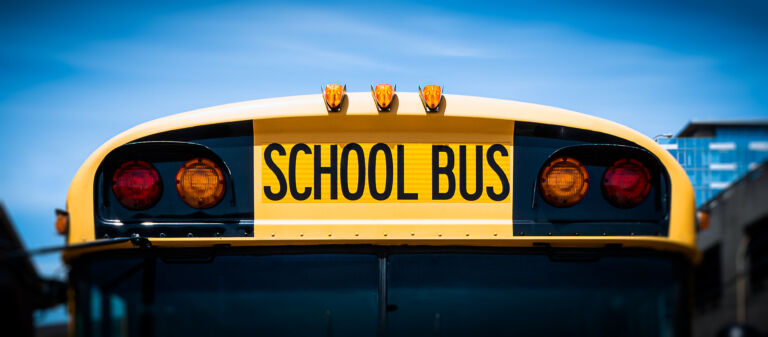Aaron Sibarium of the Washington Free Beacon reports on an unusual and irrelevant element of Seattle’s test procedures for firefighters.
Of all the jobs in a standard fire department, a lieutenant’s is among the most difficult. When a fire truck approaches a blaze, the lieutenant decides how to tackle it—what windows to breach, which floors to prioritize, and how best to deploy the truck’s three or four firefighters against a shifting, inanimate enemy.
To see if they’re up to snuff, most departments administer a written test, typically multiple-choice, to prospective lieutenants. Candidates must score above a cut-off to be considered for the job, with higher scores increasing the odds of promotion. The exam, which covers a litany of topics from building construction to medical techniques, is designed to ensure that the people making life-and-death decisions know the bare minimum to make them well.
So firefighters in Seattle, Washington, were surprised when their department’s lieutenant exam focused almost as much on social justice as on firefighting.
The test, which has both written and oral components, is based on a list of texts assigned by the Seattle Department of Human Resources—including, as of this year, How To Be An Antiracist by Ibram X. Kendi and Both Sides of the Fire Lane: Memoirs of a Transgender Firefighter by Bobbie Scopa, according to a copy of the exam bibliography obtained by the Washington Free Beacon.
Along with A Leader’s Guide to Unconscious Bias and Fighting Fire, a memoir by a female firefighter, the books about race and gender span over 800 pages—a large fraction of the total study material.
“This stuff has nothing to do with firefighting,” said Wayne Johnson, a retired Seattle firefighter who helped write some of the city’s promotional tests. “It has everything to do with social engineering.”

